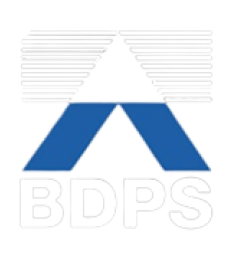Mediation is a method of dispute resolution in which an independent third party, a mediator, assists disputing parties to negotiate a mutually agreeable outcome to resolve their dispute. Parties can enter mediation voluntarily, or they may be ordered to do so by a court or tribunal in which they have proceedings on foot.
The Mediation Process and the Role of the Mediator
The first step in a mediation is for the mediator to provide an explanation of the process. The mediator will then discuss the background of the dispute, agreed facts and contested issues before commencing a structured negotiation or discussion. The mediator will encourage the parties to speak openly, actively listen and work through the issues that have resulted in the mediation. Parties may be asked to identify potential solutions and to discuss the consequences of those solutions. The conversation will be guided by the mediator asking questions, encouraging parties to view issues from alternative perspectives and identifying common goals or objectives. The mediator will not take sides, decide the outcome of the dispute, or impose orders, as a judge or arbitrator might do.
The method of mediation may take a number of forms. The mediator may meet with the parties jointly to assist their direct communication. Alternatively, the mediator may meet the parties separately; this requires the mediator to go back and forth between the parties to understand and communicate their points of view. The mediation method will be determined by the nature of the dispute, willingness of the parties to participate in the mediation and the complexity of the matter. However, it is common for a mediator to use a combination of both methods. A number of mediation sessions may be required before the parties reach an agreement.
Parties may have legal representation to assist them in a mediation. Alternatively, it is generally accepted that individual parties can bring someone to the mediation to provide support; however, the support person will not play an active role in the mediation.
If an agreement is reached about all or part of the dispute, it is usual for the agreement to be detailed and signed by the parties.
Benefits of Mediation
Mediation presents a number of benefits when compared to litigation or arbitration. Most notably, parties actively decide the outcome of the dispute. Parties are generally satisfied with the result because it can be tailored to their individual needs. In addition, mediation provides for a timely settlement of disputes. This reduces both stress and the cost of legal fees. Parties who reach an agreement through mediation are not required to wait for a judgment, as occurs in litigation; they leave with a concluded agreement. Finally, the mediation process and any settlement reached is confidential, making mediation attractive to parties who do not want to litigate in open court.




